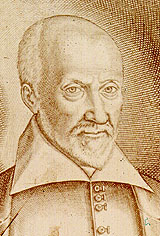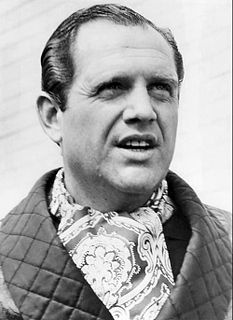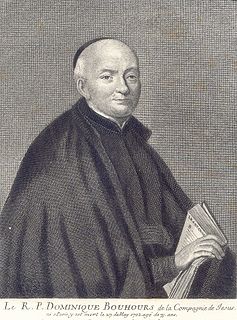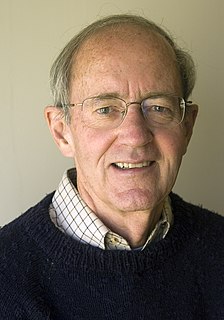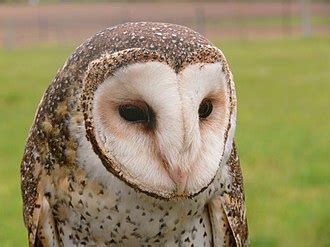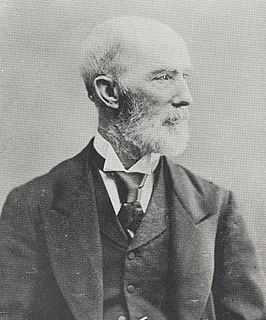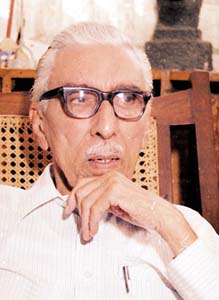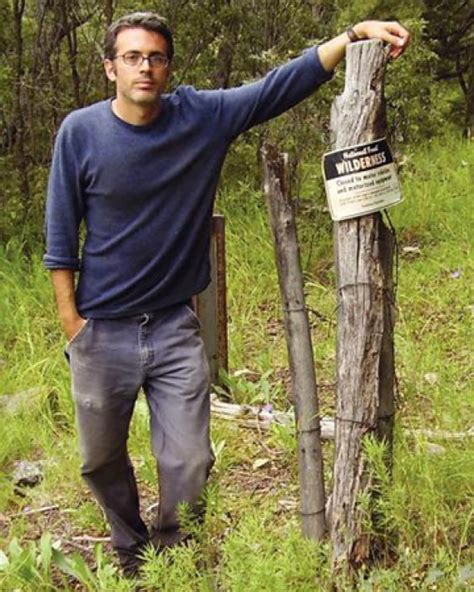A Quote by Edwin Percy Whipple
No language can fitly express the meanness, the baseness, the brutality, with which the world has ever treated its victims of one age and boasts of the next. Dante is worshipped at that grave to which he was hurried by persecution. Milton, in his own day, was "Mr. Milton, the blind adder, that spit his venom on the king's person"; and soon after, "the mighty orb of song." These absurd transitions from hatred to apotheosis, this recognition just at the moment when it becomes a mockery, saddens all intellectual history.
Related Quotes
He that boasts of his ancestors confesses that he has no virtue of his own. No person ever lived for our honor; nor ought that to be reputed ours, which was long before we had a being; for what advantage can it be to a blind man to know that his parents had good eyes? Does he see one whit the better?
A person does not lightly elect to oppose his society. One would much rather be at home among one's compatriots than be mocked and detested by them. And there is a level on which the mockery of people, even their hatred, is moving, because it is so blind: It is terrible to watch people cling to their captivity and insist on their own destruction.
God is not only to be known in His blessed and incomprehensible being, for this is something which is reserved for His saints in the age to come. He is also known from the grandeur and beauty of His creatures, from His providence which governs the world day by day, from His righteousness and from wonders which He shows to His saints in each generation.
We are befouling and destroying our own home, we are committing a slow but accelerating race suicide and life murder - planetary biocide. Now there is a mighty theme for a mighty book but a challenge to which no modern novelist or poet has yet responded. Where is our Melville, our Milton, our Thomas Mann when we need him most?
Each man lives for himself, uses his freedom to achieve his personal goals, and feels with his whole being that right now he can or cannot do such-and-such an action; but as soon as he does it, this action, committed at a certain moment in time, becomes irreversible, and makes itself the property of history, in which is has not a free but a predestined significance.
when Christian theology becomes traditionalism and men fail to hold and use it as they do a living language, it becomes an obstacle, not a help to religious conviction. To the greatest of the early Fathers and the great scholastics theology was a language which, like all language, had a grammar and a vocabulary from the past, but which they used to express all the knowledge and experience of their own time as well.
It is a grave injustice to a child or adult to insist that they stop crying. One can comfort a person who is crying which enables him to relax and makes further crying unnecessary; but to humiliate a crying child is to increase his pain, and augment his rigidity. We stop other people from crying because we cannot stand the sounds and movements of their bodies. It threatens our own rigidity. It induces similar feelings in ourselves which we dare not express and it evokes a resonance in our own bodies which we resist.
Pathology has made us acquainted with a great number of states in which the boundary lines between the ego and the external world become uncertain or in which they are actually drawn incorrectly. There are cases in which parts of a person's own body, even portions of his own mental life - his perceptions, thoughts and feelings -, appear alien to him and as not belonging to his ego; there are other cases in which he ascribes to the external world things that clearly originate in his own ego and that ought to be acknowledged by it.
But the more I read... after awhile... I begin to find they were all writing about the same thing, this same dull old here-today-gone-tomorrow scene... Shakespeare, Milton, Matthew Arnold, even Baudelaire, even this cat whoever he was that wrote Beowulf... the same scene for the same reasons and to the same end, whether it was Dante with his pit or Baudelaire with his pot... the same dull old scene...



